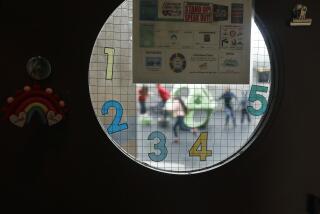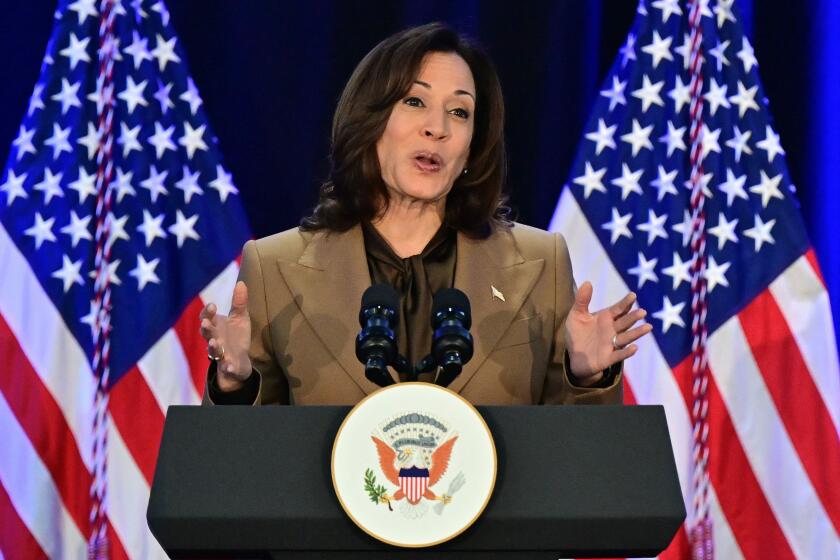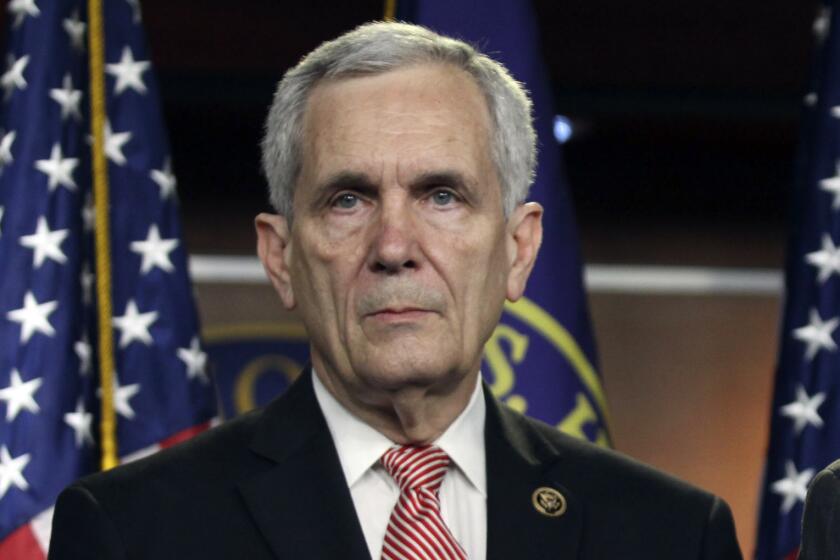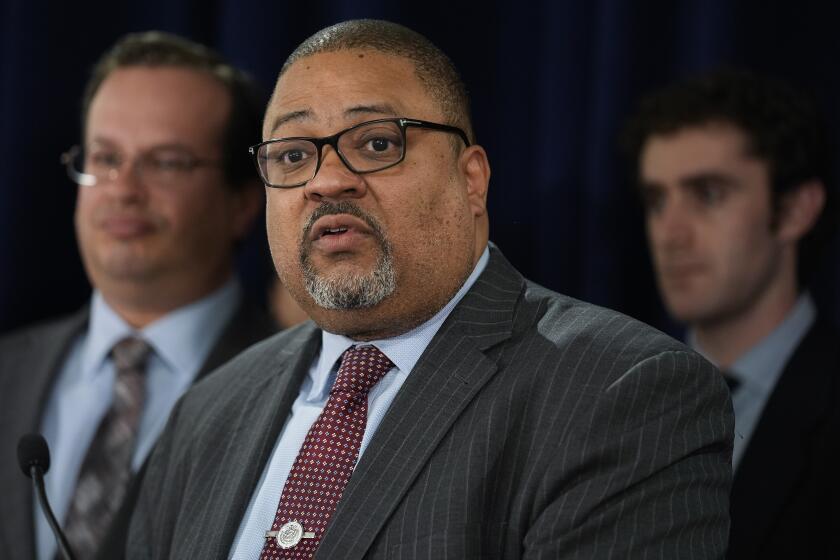California Gov. Jerry Brown rejects bill to prohibit schools from starting before 8:30 a.m.
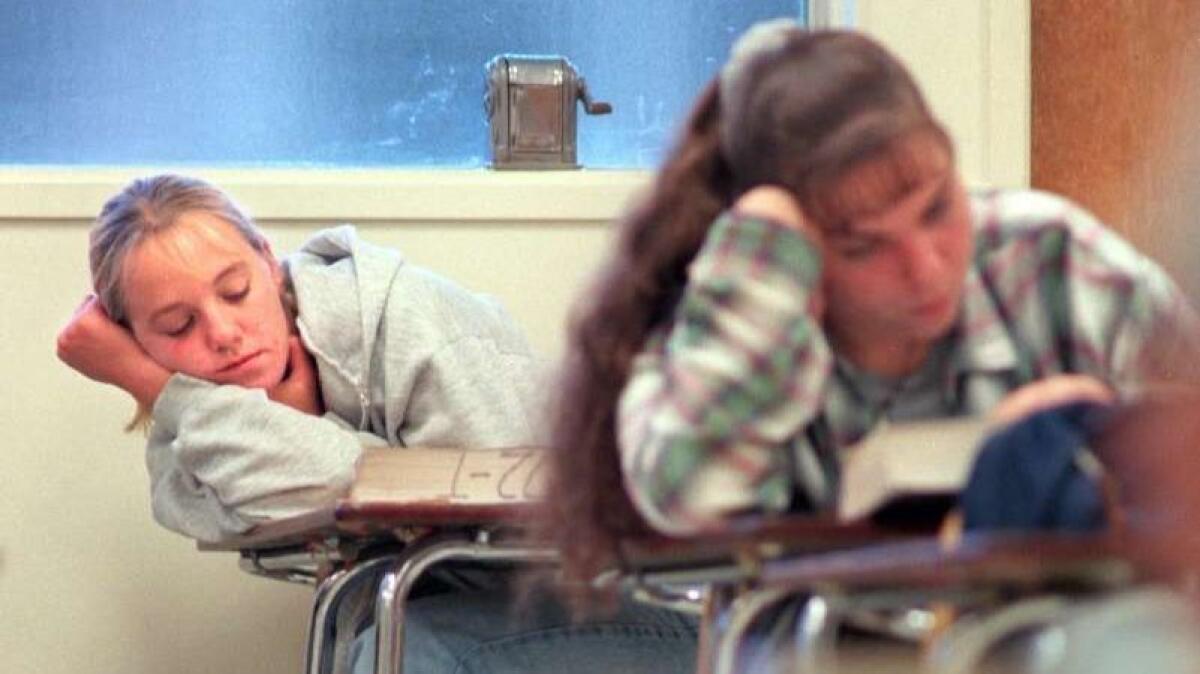
California teenagers will not get to sleep in on weekdays after Gov. Jerry Brown vetoed a bill that would have required middle and high schools to start no earlier than 8:30 a.m.
Scientific findings about how sleep affects teenagers’ developing brains inspired advocates for the bill. But many local officials opposed the measure, citing the need to set rules that work for their communities.
Under Senate Bill 328, public and charter schools would have had to adhere to the start time rule by Jan. 1, 2021, a change researchers believe would have decreased students’ risk of depression, suicide and car accidents while increasing their attendance rates, grade-point averages and test scores.
“This is a one-size-fits-all approach that is opposed by teachers and school boards,” Brown said in a veto message. “Several schools have already moved to later start times. Others prefer beginning the school day earlier. These are the types of decisions best handled in the local community.”
State Sen. Anthony Portantino (D-La Cañada Flintridge) introduced the bill following recommendations from the American Academy of Pediatrics, which has urged junior high and high schools to start no earlier than 8:30 a.m. Researchers found that most teenagers’ circadian rhythms — innate, hormone-driven schedules that make some people early birds and some night owls — result in their natural bedtime coming after 11 p.m. Traditional school hours make it difficult for them to get each night the recommended amount of sleep of at least 8 ½ hours.
“This is a real thing,” said Dr. Rafael Pelayo, a pediatrician and sleep researcher at Stanford University. “A population of teenagers, on average, has a secretion of melatonin that occurs later, so they fall asleep later.”
Portantino said he was “very disappointed” that the governor vetoed his bill.
“Three decades of science and overwhelming evidence that this was what’s best for our kids took a backseat to status-quo lobbying interests,” he said.
Last year, an earlier version of the bill fell significantly short of the votes it needed to pass the Assembly. Even among those lawmakers who saw a benefit to beginning classes at 8:30 a.m., some argued that local school boards should be able to choose schedules that fit the needs of their communities.
Several lawmakers who abstained from taking a position on the 2017 bill helped this year’s measure squeak through the Legislature in the final days of the session before adjournment last month. Many said that they heard from constituents on both sides of the issue and that the conversations convinced them to vote for Senate Bill 328 despite their reservations.
“If we as a Legislature do not make it a point to assist and support our schools to adequately implement the provisions of this bill, we will hurt school and students’ performance, rather than help it,” Assemblywoman Eloise Reyes (D-Grand Terrace) said on the Assembly floor. “But I want to listen to the students who’ve called me — like Diego and Raquel and Gabi and Izzy — who tell me this would be a good thing.”
One in five California schools already begins at or after 8:30 a.m., and many have recently moved to do so. In the Los Angeles Unified School District, six middle and high schools have established start times that meet the bill’s requirements. Eight more are piloting plans to start between 8:30 and 8:45 a.m.
But later start times have not worked everywhere. When Antelope Valley High School adopted a later school day, for instance, officials reported that attendance rates went down. Since then, the school has returned to a 7:20 a.m. start time.
A statewide mandate could have also posed hardships for districts that stagger start times to allow buses to make multiple trips each morning. Opponents of SB 328 have said these districts would have to use existing budgets to buy more buses, which cost between $65,000 and $190,000 apiece.
“We can barely pay for mandated school transportation for special education students,” said Nancy Espinoza, a legislative advocate for the California School Boards Assn. “SB 328 will directly divert funding away from other programs.”
But a study by the Rand Corp., a nonprofit think tank based in Santa Monica, projected that a statewide 8:30 a.m. start time would save money in the long term. According to researchers’ estimates, improved academic performances and fewer deaths in drowsy driving crashes could contribute billions to the California economy over the next 15 years.
“It’s a fairly short time period in which the costs would exceed the benefits,” said Wendy Troxel, a Rand researcher.
Opponents also said that a later start time could be a hassle for teens pursuing activities outside of school.
“I have a school district that actually starts a first period at 6:30 [a.m.] a couple days of the week,” Assemblyman Patrick O’Donnell (D-Long Beach) said. “And what are they, they’re out surfing at 6:30 in the morning, because that’s what we have in my community.”
Portantino said SB 328 would not affect “zero periods,” the extra time slots before school that allow students to take advanced, remedial or extracurricular courses. Teenagers could still choose to participate in optional activities before 8:30 a.m.
Some lawmakers argued that parents’ schedules are not so flexible.
“We have families that have to be at work early in the morning, and even without an 8:30 [a.m.] time slot, I’ve often seen kids dropped off at schools at 7 a.m or earlier,” said Assemblywoman Sharon Quirk-Silva (D-Fullerton), a former teacher, in last month’s floor debate. “They’re sitting on the steps in front of schools, waiting for school to start, until usually 8:00 a.m.”
Parent concerns have prevented several school districts from changing start times in the past. Marc Friedman, a board member for the San Mateo Union High School District, said his district had long pushed to delay the school day.
“Roughly 50 parents showed up and complained mainly about convenience issues and brought up a lot of science issues that were not true and didn’t hold [water],” Friedman said in a committee hearing last year. “And so they convinced three board members not to do it.”
A later start time could also inconvenience teachers, many of whom signed contracts expecting earlier hours. Under late amendments, SB 328 would have postponed the mandate until after 2021 for districts renegotiating their union agreements.
Joshua Pechthalt, the president of the California Federation of Teachers, said the union decided to support the bill despite some members’ opposition.
“Whatever our concerns are for our members, our primary concern has to be about what is good for young people,” Pechthalt said.
UPDATES:
4:15 p.m.: This article was updated with a quote from Portantino.
This article was originally published at 3:05 p.m.
More to Read
Get the L.A. Times Politics newsletter
Deeply reported insights into legislation, politics and policy from Sacramento, Washington and beyond. In your inbox three times per week.
You may occasionally receive promotional content from the Los Angeles Times.

